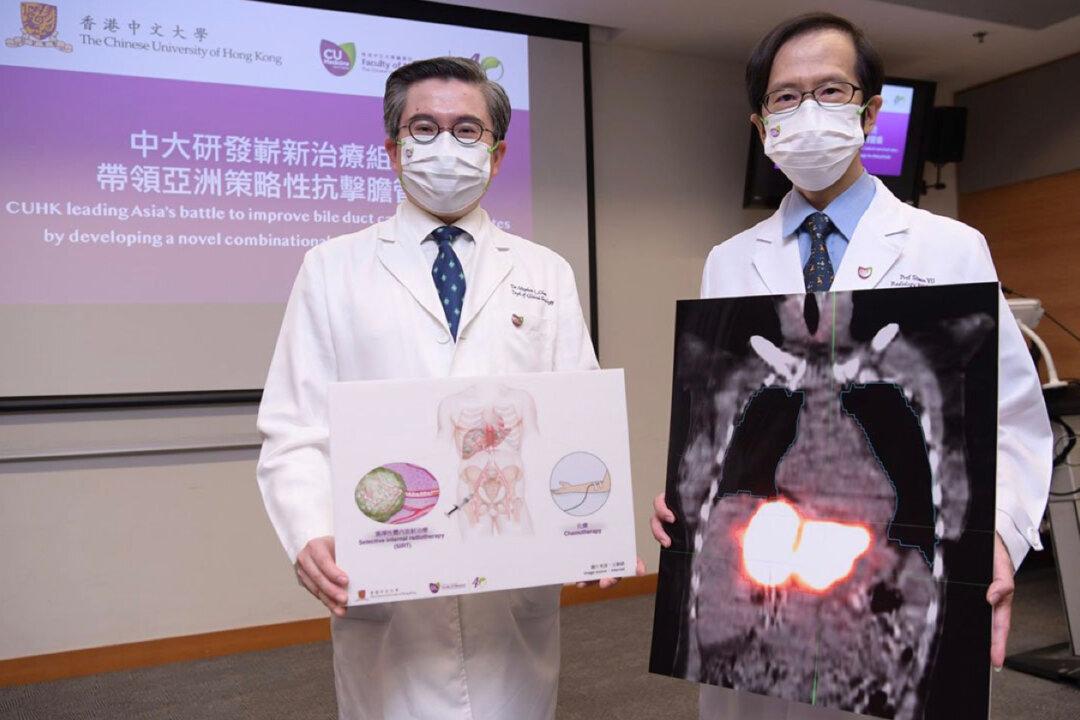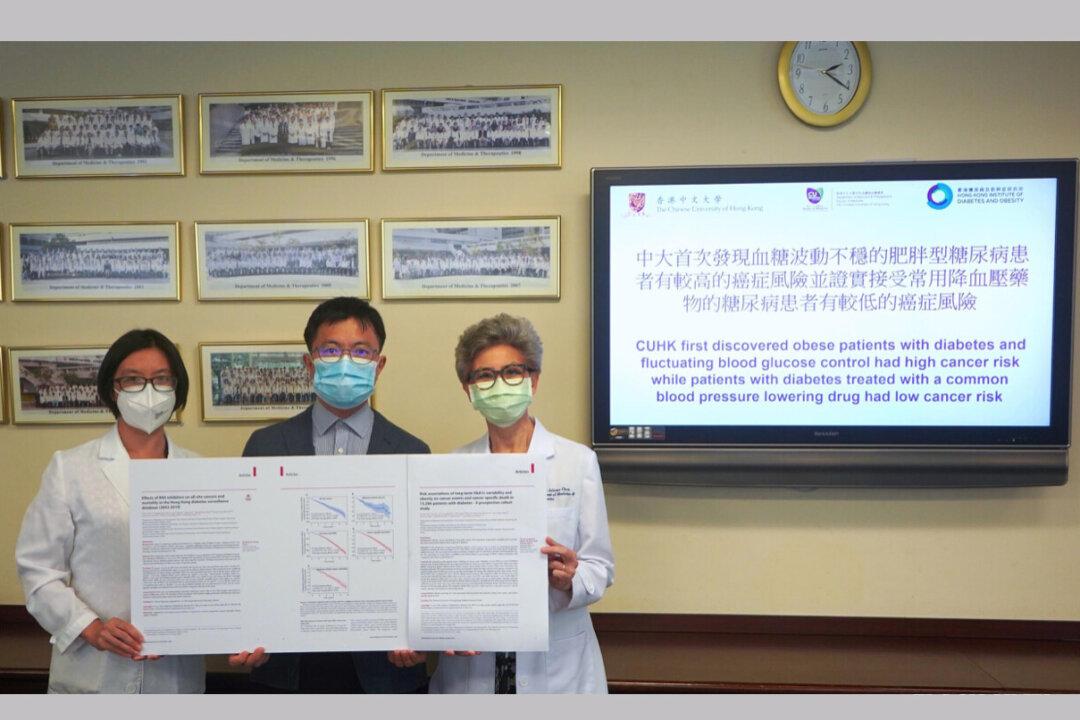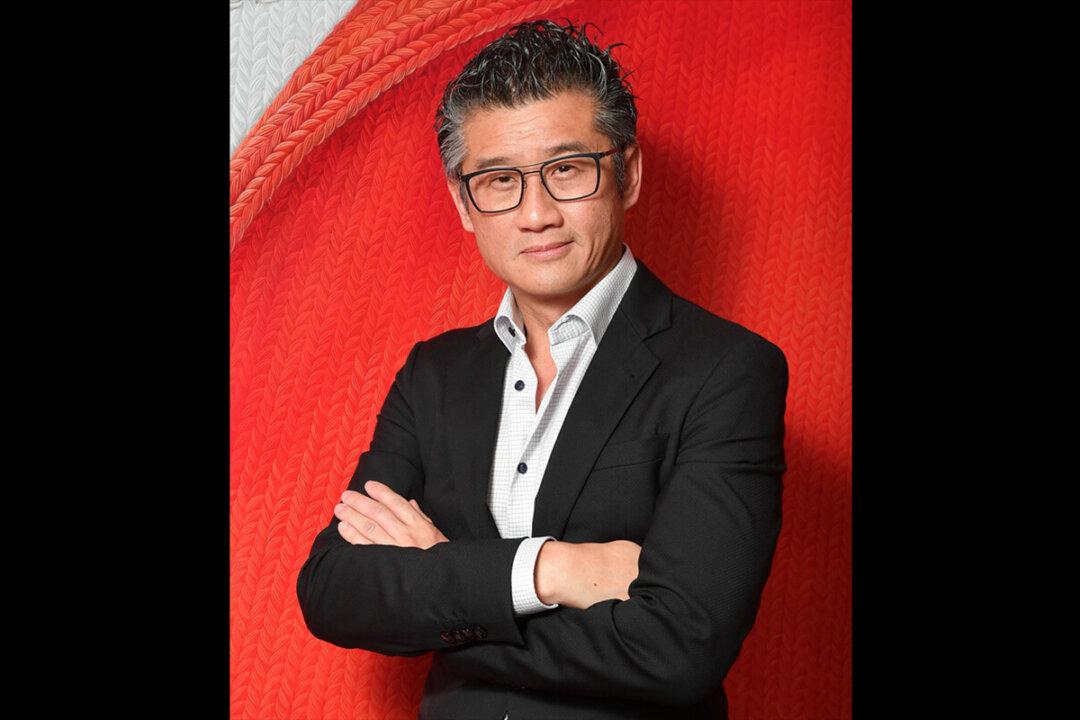A clinical study led by the Faculty of Medicine at the Chinese University of Hong Kong (CUHK) has found that selective internal radiation therapy (SIRT) combined with standard chemotherapy can effectively treat intrahepatic cholangiocarcinoma that is not suitable for resection, increasing the median overall survival nearly by 10 months.
Study Finds Internal Radiation and Chemotherapy Combination Therapy Increases Survival of Bile Duct Cancer Patients

A multi-center clinical study led by the Faculty of Medicine at CUHK found that selective internal radiation therapy (SIRT) combined with standard chemotherapy can effectively treat intrahepatic cholangiocarcinoma that is not suitable for surgical resection. (L) Prof. Chan Lam, Ip's Family Trust, Department of Oncology, Faculty of Medicine, CUHK. (R) Prof. Yu Jun-ho, Professor of the Department of Imaging and Interventional Radiology, Faculty of Medicine, CUHK. CUHK Communications and Public Relations Office
|Updated:




